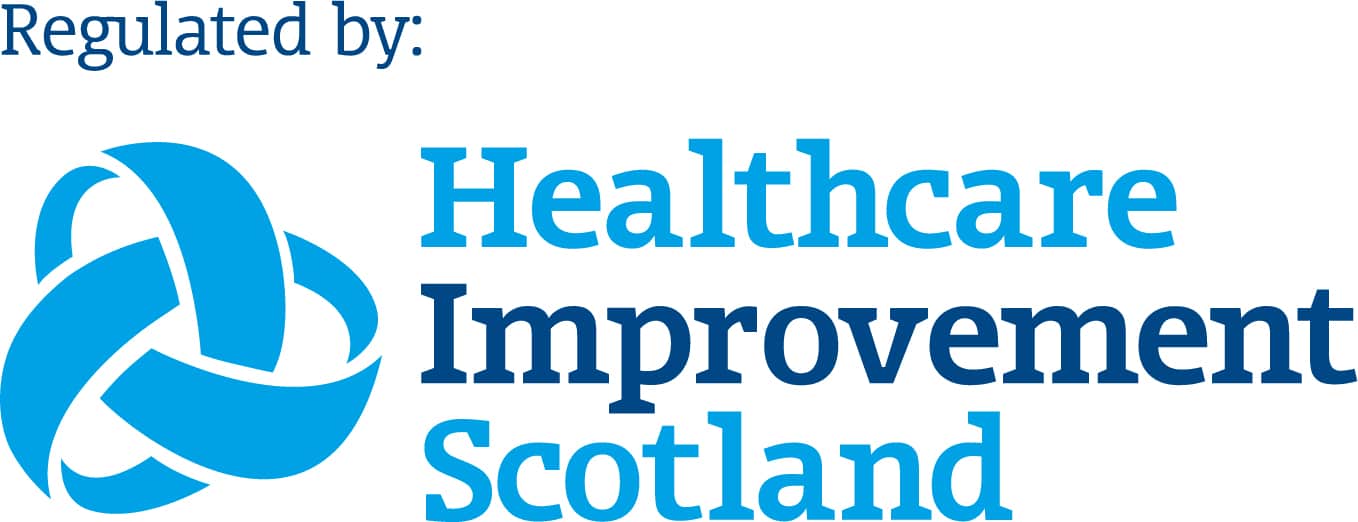Is it better to treat a disease or prevent it altogether?
A retired private doctor once told me:
“I have sick patients—my patients have heart attacks and strokes!”
He implied that younger private doctors today focus more on the “worried well” rather than on genuinely ill patients. But this raises an important question:
Is the best doctor the one who treats your stroke, heart attack, or cancer—or the one who helps you avoid them in the first place?
Why Regular Health Check-ups Matter
Looking back over the past 10–15 years, I’ve seen a clear pattern. Patients who commit to annual health check-ups tend to experience fewer medical surprises. Of course, check-ups can’t prevent all illnesses, nor can they detect everything early, as the following case demonstrates.
A Real-Life Case: How an Annual Check-up Helped in an Emergency
I had been looking after Patient AB for nearly a decade. He underwent annual health assessments, and I knew his risk factors inside out. He was, by all measures, one of my healthiest patients.
Then, one day, his wife called—he was having a seizure. He was rushed to UCL Hospital London, and based on his thorough health records, I confidently ruled out an ischemic stroke.
Multiple CT and MRI scans later, the real cause emerged: an aggressive, inoperable brain tumour that hadn’t been visible on earlier scans.
One and a half years later, he became the first patient in the world to be cured with immunotherapy in the USA. His annual check-ups didn’t prevent the tumour, but they provided a detailed health history that helped in his emergency care and treatment planning.
This case reinforced three key lessons:
- Annual check-ups are essential – They won’t prevent everything but provide early warnings and crucial baseline health data.
- The future is never 100% predictable – Even the healthiest individuals can face unexpected challenges.
- Certain treatments aren’t available in the UK – No matter how much you’re willing to pay, some breakthrough treatments may only be accessible abroad.
How to Choose the Right Annual Health Check-up
Not all medical check-ups are the same. If you’re planning an Annual Health MOT, here’s what to look for:
1. A Doctor Who Believes in Prevention
Choose a proactive doctor who focuses on keeping you healthy, not just treating illness when it arises.
2. A Personalised Check-up (Not Just a Standard Package)
Most clinics offer generic screening packages, but your health is unique. Request a tailored health assessment based on your age, lifestyle, family history, and personal risk factors.
3. Clear and Actionable Feedback
A good check-up should leave you fully aware of your health risks—not just hand you a long, confusing report. The focus should be on what’s important for you and what actions to take next.
4. A Doctor Who Listens
The most crucial part of any check-up is your medical history. A great doctor will spend time talking to you before any examination because history-taking is key to identifying risk factors.
5. Continuity of Care
Stick with the same doctor or clinic for consistency. Over the years, your medical records will provide valuable comparative data, helping to track changes and spot potential issues early.
6. A Clear Health Plan
You should leave your check-up with a clear roadmap:
- What should be monitored?
- How often should certain tests be done?
- What lifestyle changes should be made?
7. Understanding That There’s No “Full Body Scan” Solution
There’s no such thing as a one-size-fits-all scan. Different scans are designed for specific organs or conditions, and they should be used strategically—guided by a thorough medical history and risk assessment.
An Annual Health MOT is one of the smartest investments you can make in your long-term well-being. While it can’t prevent every illness, it dramatically reduces health risks, helps with early detection, and keeps medical bills lower in the long run.
Want to take charge of your health this year? Book a personalised health check-up today!



